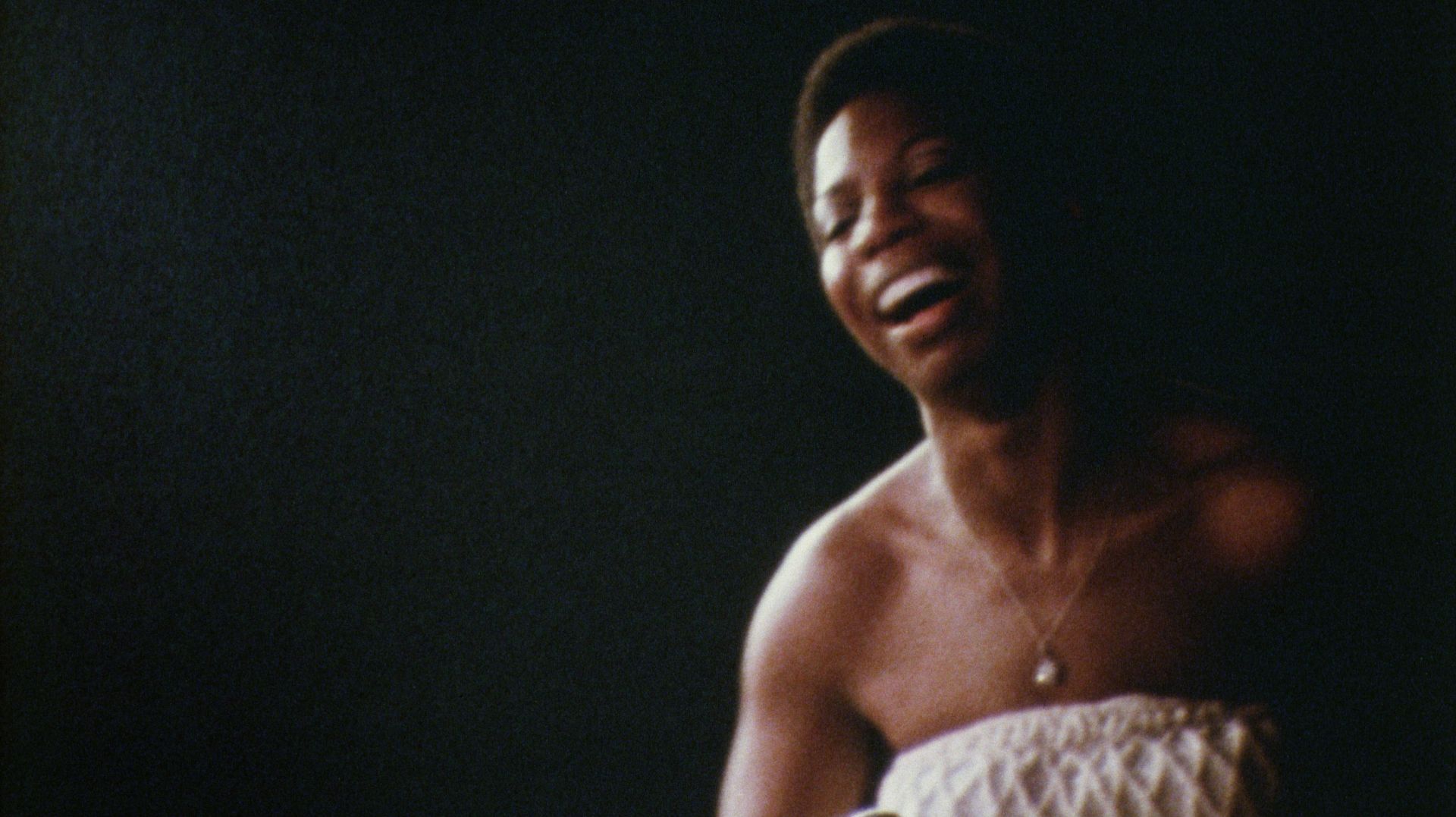This is my first Sundance Film Festival, so I've been reading articles about how to prepare. I was ready for the elevation in ski-town Park City, Utah (drink a lot of water). I brought a jar of peanut butter and a box of Clif Bars. I'd purchased my sturdy boots and planned my viewing schedule and emailed all the right publicists.

But like any huge-scale thing you're meant to parachute into as a newbie, being new to Sundance is a lot like being a college freshman. Everyone knows where the dining hall is and how to get around campus. They can read the maps and know where the Lime Shuttle is, whereas I accidentally rode a shuttle around the same loop twice, stretching my effort to get to Festival Headquarters and pick up my press credentials from twenty minutes to forty.
(I did eventually make it.)
One way it's not like college, though, is this: when I started college, I didn't know anyone. I walked into my first 8:00am calculus lecture and sat alone. But before I even hit the ground in Salt Lake City, I knew what I was doing this evening, because of Twitter.
As much as people complain about Twitter, it has its uses—and in this case, its use has been paving the way for social interactions between film critics, who, let's face it, are a pretty strange bunch of people. As one put it to me this evening over a post-screening pint and a burger, we are people who have chosen to spend a great deal of our lives in a darkened room for hours with other people in silence, and then we scamper home and write about it in solitude. We argue passionately on the Internet about movies most people never hear of, after most people have gone to bed.
But the great genius of “Film Critic Twitter” is that we all have a good sense of what the others do and like and think about, since we follow each others' updates, read each others' work, argue, agree, retweet, and goof off together. (I even found my housing for the Festival through Twitter.) So that means I—the freshman in a sea of upperclassmen who know each other—can wander into a room and be greeted by name, shown the ropes, advised on protocol, and asked about mutual friends' lives, all in the first ten minutes before the first screening of my first Sundance.
Who says the Internet doesn't build community?
That first screening was What Happened, Miss Simone?, a documentary which will soon premiere on Netflix. Director Liz Garbus has made a few other documentaries (notably Bobby Fischer Against the World); this one is about the life of Nina Simone, who died in 2003, and draws its title from lines by Maya Angelou. That question is a good one—how did the “queen of soul” and prominent figure in the civil rights movement just drop out of sight and not return for a long time?
 Alfred Wertheimer / Sundance Institute
Alfred Wertheimer / Sundance InstituteIt's enjoyable, “educational” in the best possible way. I didn't know much about Nina Simone. Now I do, and it was interesting all the way through. Lots of archival footage, including a lot of concert footage, is mixed with vocal tracks, old interviews, journal entries, and present-day discussion with Simone's daughter, ex-husband, and a few close friends. The Simone we get is at once complex, troubled, and triumphant.
But the film left me a bit tired, too, and it can't all be the altitude. Nothing about it was surprising, no twist or real story to tell other than “this is what happened.” It followed the contours of a typical documentary about a singer: early life, career beginnings, glory days, fall, measured redemption. Which is all fine. But if a nonfiction narrative is most interesting when it's not just a recounting of historical events, but manages to find a “story” to tell in all that, then the film is a bit bland for picking the same story a lot of filmmakers have told.
What elevates it beyond potential mediocrity—besides the archival footage and the many long scenes where Simone sings entire, lovely songs—is that this story is rife with hot, important things we're talking about today: racism, sexism, drugs, mental health, civil rights, violence versus nonviolence, art and political change. There's even archival footage from the Selma marches.
The film is unflinching in how it portrays Simone's own involvement in political matters (for starters, she disagreed with Martin Luther King on nonviolence), as well as how those influenced and may have broken her own career. It's history worth re-telling visually to a new generation who didn't see it when it happened, and it's effective because it's told through one important woman's life.
It made for a solid start to Sundance. I've got some exciting things on the docket tomorrow. Stay tuned.
(You can follow me on Twitter, too—at @alissamarie.)











